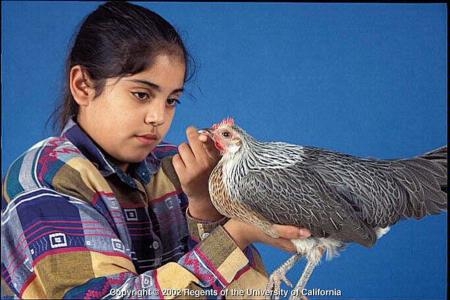
Among her sources for the story was the director of UC Cooperative Extension's Statewide Master Gardener Program Pamela Geisel, who keeps 10 hens at her own rural home west of Chico.
She said enthusiasm for homegrown hens in urban areas may be close to peaking.
“It’s sort of a fad,” she said. Still, “it’s easy to buy chicks, and they’re cheap."
Most of the potential problems tend to arise from having too many chickens in too little space, she said, so regulations for the size and housing of backyard flocks can “help chicken keepers be better chicken keepers.”
She cautioned that keeping chickens involves a significant effort.
“The poop just doesn’t go away — it’s a constant daily cleanup,” she said. “They get sick, they get parasites. For many people it’s just not worth the effort.”
California's growing marijuana business impacting agriculture
Harry Cline, Western Farm Press
California has the dubious distinction of being America’s biggest marijuana supplier. Approximately 75 percent of the marijuana sold in the U.S. is grown in California — not Mexico.
Michelle Le Strange, UCCE farm advisor in Tulare County, said she has been warned by county officials and law enforcement officers that she should be alert in driving a county vehicle in rural areas because marijuana plantation tenders might think she is a law enforcement officer, and she could be in danger.
Any government officials driving vehicles with government plates should be concerned because these marijuana plantations are operated by Mexican drug cartels, the same lawless gangs who are responsible for thousands of murders each year in Mexico. These cartels actually scour the U.S. Forest Service lands in search of ideal growing sites, often adjacent to running streams. The cartels stock these plantations with people, drip irrigation tubing and chemicals to farm the illegal weed.